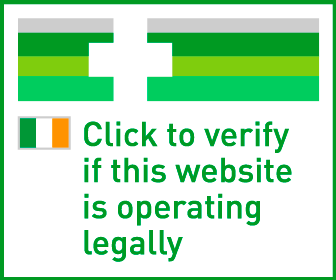A pregnancy test is a quick & easy urine test to help determine whether or not you're pregnant. The tests are widely available over the counter from pharmacies & supermarkets, as well as sexual health clinics & your GP
What is a pregnancy test?
Pregnancy tests check a woman's urine for a specific hormone called human chorionic gonadotrophin (hCG) produced during pregnancy. The hormone is detectable in urine a couple of weeks after conception.
Tests often come as sticks or cards with coloured bands to indicate the result. Others include a small pipette which you use to transfer a few drops of urine to a small window in the pregnancy kit.
Taking a pregnancy test
Read the instructions included with your test carefully, before doing a pregnancy test, as these can vary from one pregnancy testing kit to another. To use one, you usually either hold the stick in your stream of urine for a few seconds, or dip the stick in a sample of your urine collected in a small clean container. You should be able to read the results after a few minutes.
If you get a positive test, it's likely to be correct. If you've get a negative result and still think you’re pregnant, it's possible that you have taken the test too early for the hCG hormone to be detected. Wait a few days and repeat the test again. If the test is still negative and you’re worried about your period being late, speak to your GP.
When should I take a pregnancy test?
Pregnancy tests are usually taken a day after missing your period. However, there are sensitive tests available that can detect pregnancy earlier than that, up to a week before your period is due.
Where can I take a pregnancy test?
You can buy a pregnancy test from a supermarket or your pharmacist and take the test at home.
I don't think my results are accurate, what should I do?
A positive pregnancy test is almost always correct. Sometimes negatives tests may not be correct if you tested too early.
If you get a negative result and think it may not be accurate:
• Ensure you've read and understood the instructions and are following them carefully
• Wait for the recommended amount of time before checking the result, checking too early or too late may give an inaccurate result
• Do another test after a few days, especially if you've taken it earlier than when your period was due
• Speak to your pharmacist for advice
• Visit your GP if you think you're pregnant but you're getting negative results
What should I do if I'm pregnant?
Speak to your midwife or GP as soon as you find out you’re pregnant. They’ll be able to give you advice on how to take care of yourself in the coming months and to start your antenatal care. Look for support from friends and family.
Next steps
• Check directions on how to use the pregnancy test and interpret the results
• Ask for advice on what to do next from your midwife or GP if you get a positive result
YOU MAY ALSO BE INTERESTED IN
Planning for a baby
Planning on starting or expanding your family? Shop everything you need to help you on your journey
Ovulation kit
Helping you understand the stages of your monthly cycle to help you conceive


